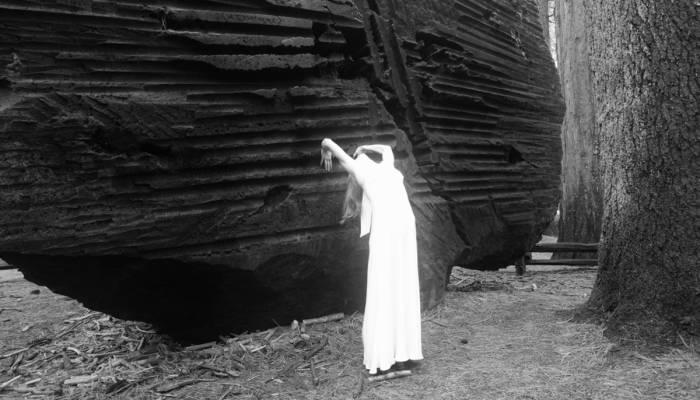The Forgotten Gardens of Heligan
Ghostly birds and flowers make up this old English garden that will remind you of a forgotten age.
Heligan is one of the most mysterious gardens in England. A paradise lost (and found) that slept for decades under the heavy blanket of ivy and berry bushes until 1990, when the discovery of a small underground room within it conspired to wake it up to the splendor it had before World War I. One of the granite walls in the small room there was a carved message: “Don’t come here to sleep or slumber”, followed by the names of a few soldiers and the date: August 1914. Since then, the descendants of Tremayne (the old owners of Heligan) have been devoted to revive this forgotten English garden that, like many soldiers, had taken refuge from war by means of camouflage.
The Heligan garden has thus been rescued from the wild growth of the forest in Cornwall (which is, by the way, one of the most mystical and literary counties of England). But beyond the splendor of this flowery jungle, Heligan is not just any English garden; there is a particular sweetness to it, perhaps due to its years of secrecy and decadence. Today it is also a refuge for a number of animal species, from wolves and deer to foxes and snakes, and especially to many magnificent species of birds.
Magpies, for example, known for their serious superstitious implications, are abundant in Heligan––It is said that if you don’t greet a magpie when you first see it, it will bring sadness into your life. The raven covers the gardens with darkness and intelligence, and the white owl, contrasting with the raven, can be seen somewhere in nearly every tree.
The lost gardens of Heligan, after the “restoration of the century” finished in 1990, continue to give out a halo of antiquity and enigma that sets it apart from other geographical paradises. Its birds know its history, having long held watch over the paths and trees and kept strict guard over the motto: “Don’t come here to sleep or slumber”.
Related Articles
When ancient rituals became religion
The emergence of religions irreversibly changed the history of humanity. It’s therefore essential to ask when and how did ancient peoples’ rituals become organized systems of thought, each with their
Larung Gar, the valley that is home to thousands of Buddhist monks
If we think about the monastic life it is very probable that we think about solitude, seclusion, silence and a few other qualities whose common denominator is the appropriate isolation for mediation
Dialogue with the Dalai Lama on science and spirituality
The Dalai Lama has been interested in science since he was a child. Over the years he’s visited many laboratories and has attended conferences that discuss consciousness from the scientific point of
A New Year's resolution for the earth
Worrisome quantities of waste are generated by human populations. Especially in cities, these have reached unprecedented and alarming levels. A largely uncontrolled practice, it affects everything on
The Dark Mountain Project: or how literature can confront ecocide
One impulse from a vernal wood May teach you more of man, Of moral evil and of good, Than all the sages can. Wordsworth, “The Tables Turned” (fragment) Words are elementary. The only reason we can
Are there no women in the history of philosophy?
Do only men philosophize? This could sound like a silly question, but if we quickly review the names of philosophers, from Aristotle to Slavoj Žižek, it would appear to be an exercise that is
Things that are about to disappear: photography as environmental conservation
Cristina Mittermeier is the founder of the International League of Conservationist Photography (iLCP), and is at the front of a modern movement to use photography with environmental purposes. Her work
Architecture And Music; An Affair That Acts On The Matter
A composition is like a house you can walk around in. — John Cage Perhaps music, more than the art of sound, is the art of time. That’s why its communion with space, and architecture, is so often so
Psycho-geography (On The Ritual Casting of a City)
Mrs. Dalloway walked down the streets of London guided by an “internal tide” that made her stop somewhere, enter a store, turn at the corner and continue her journey, as if she were adrift. La dérive
A Theme Park Inspired by Hayao Miyazaki is About to Open …
One of animation’s most spectacular exponents, Hayao Miyazaki, is the artist who transformed the direction of traditional animation forever.









